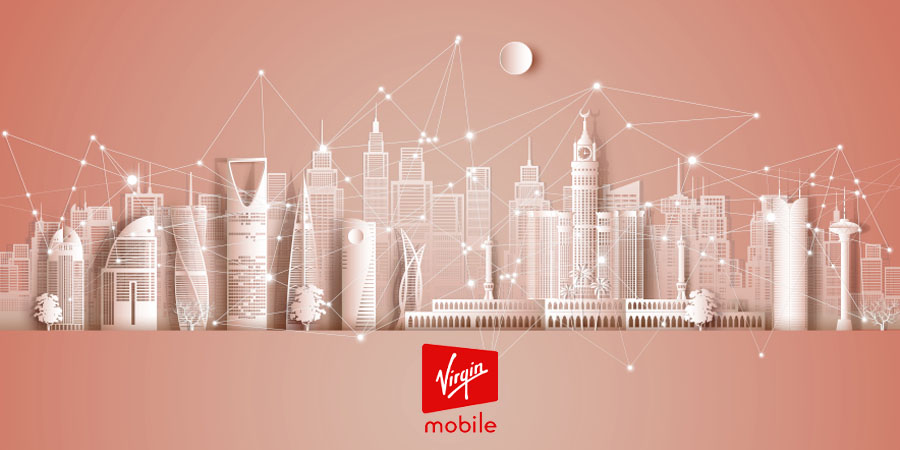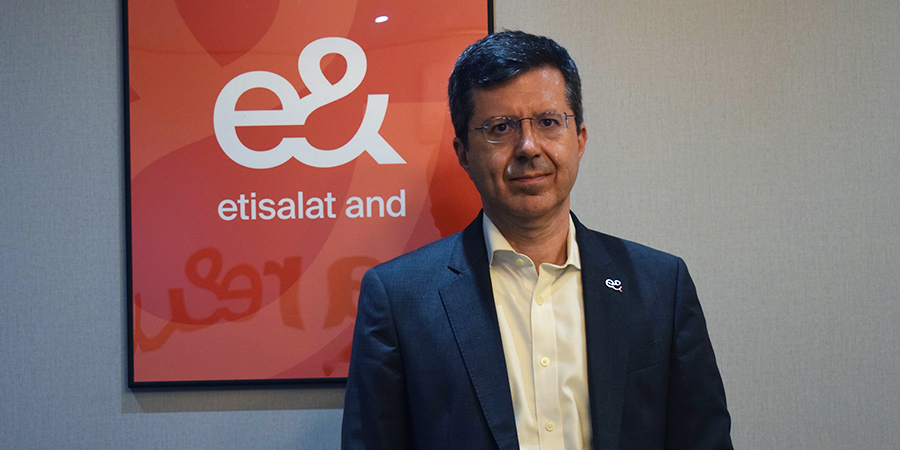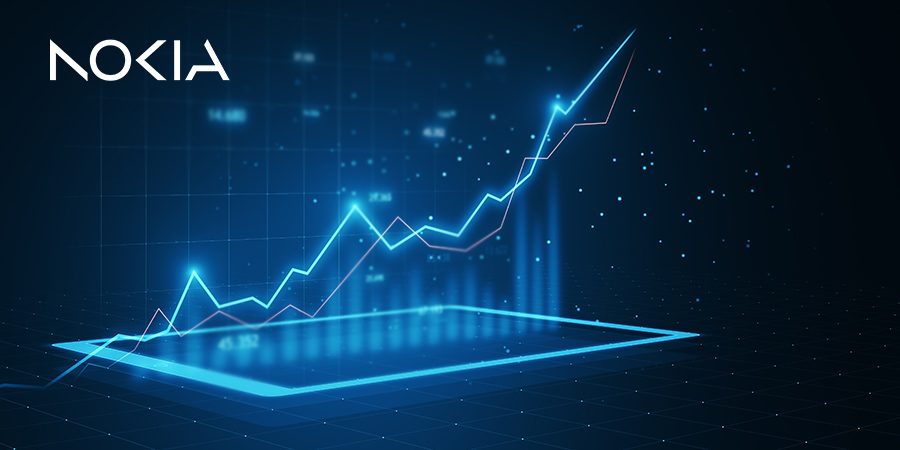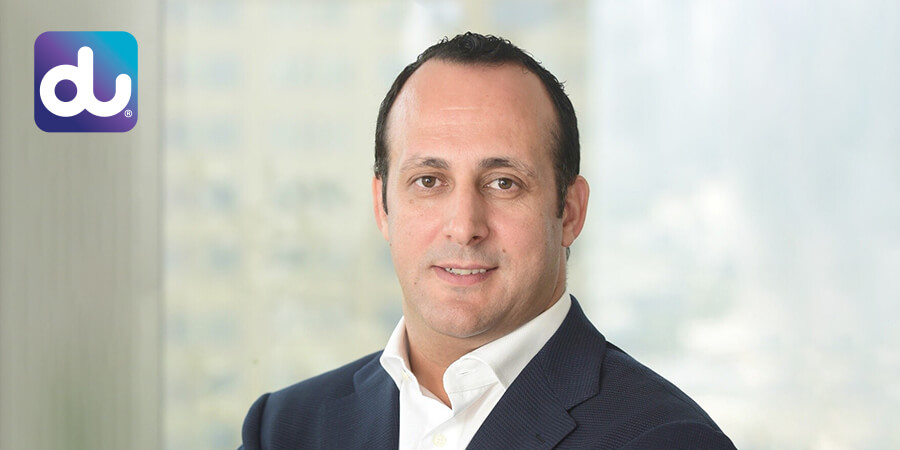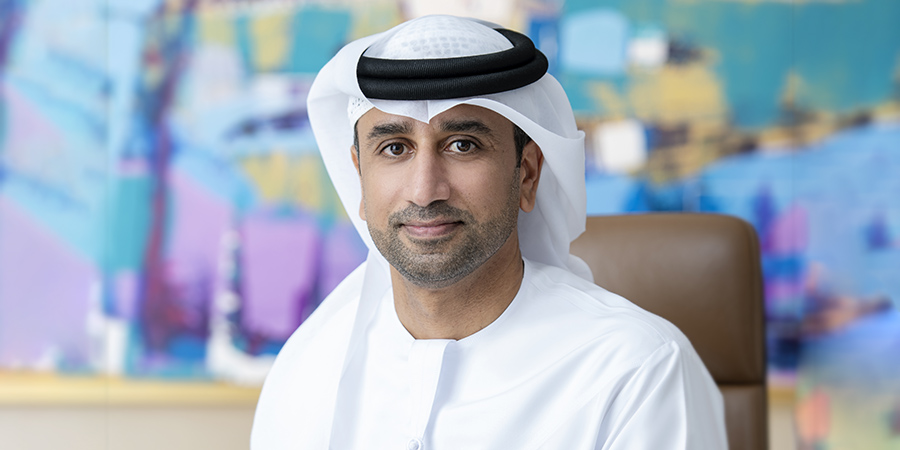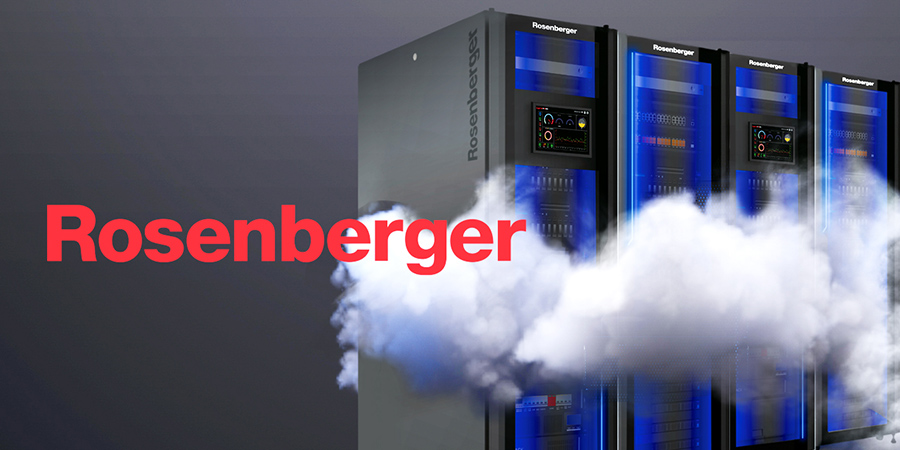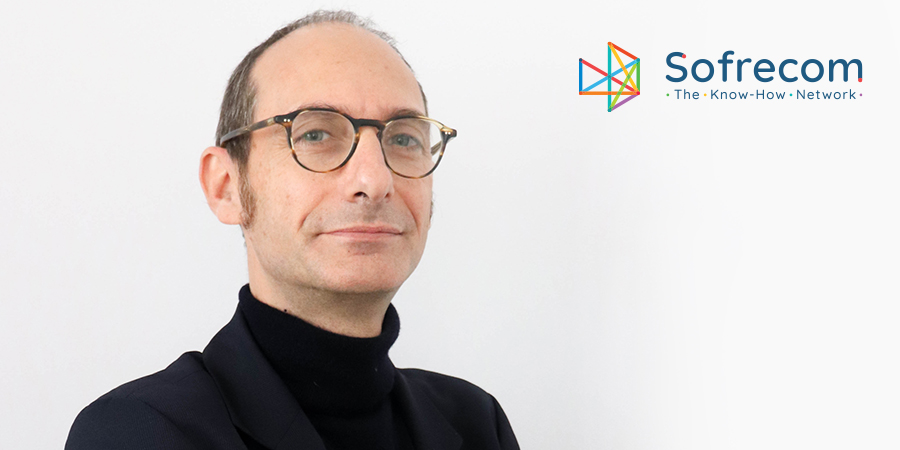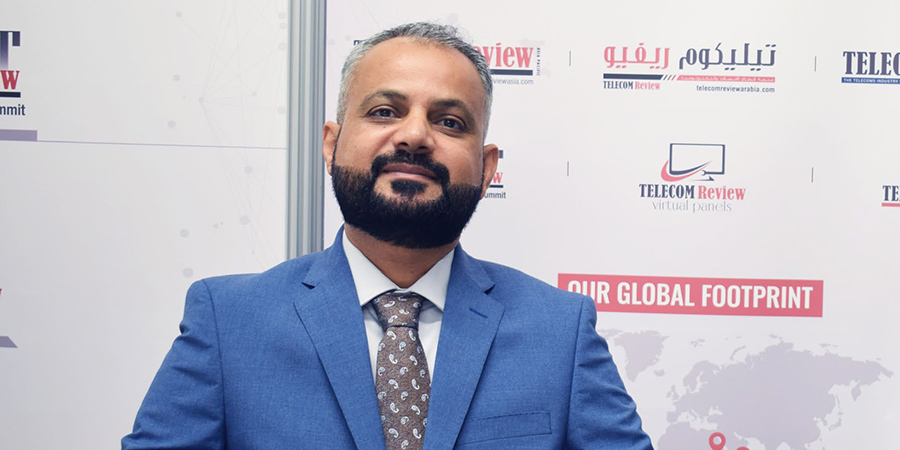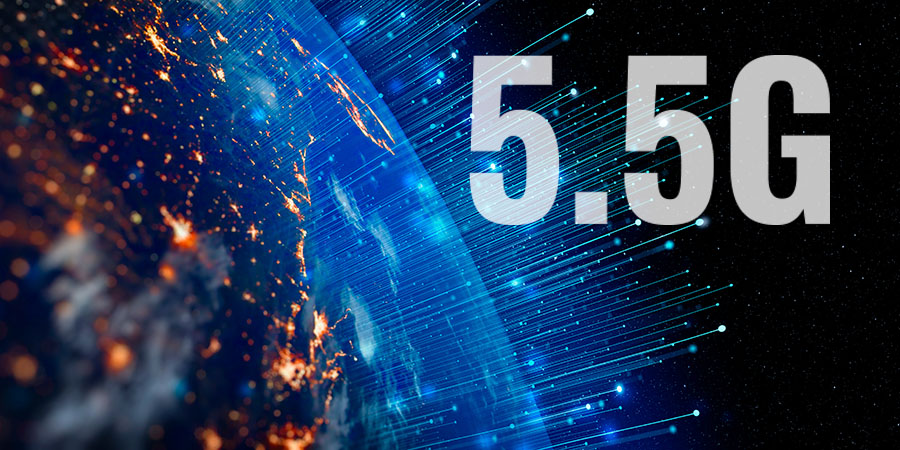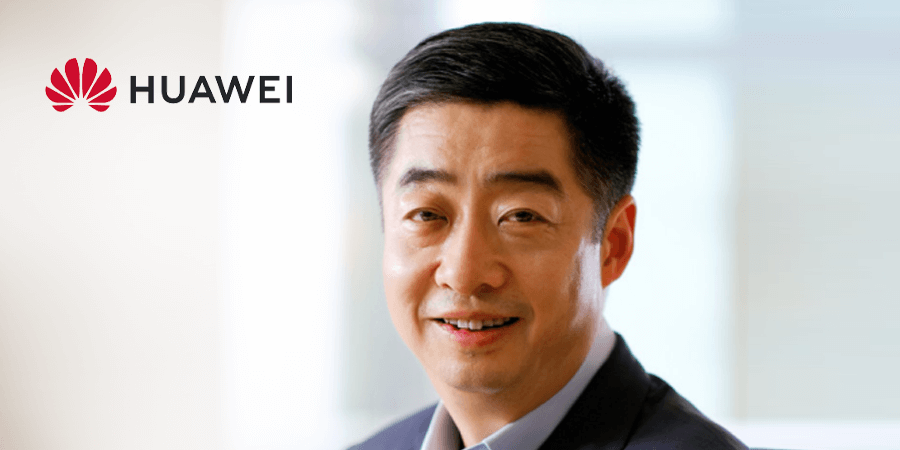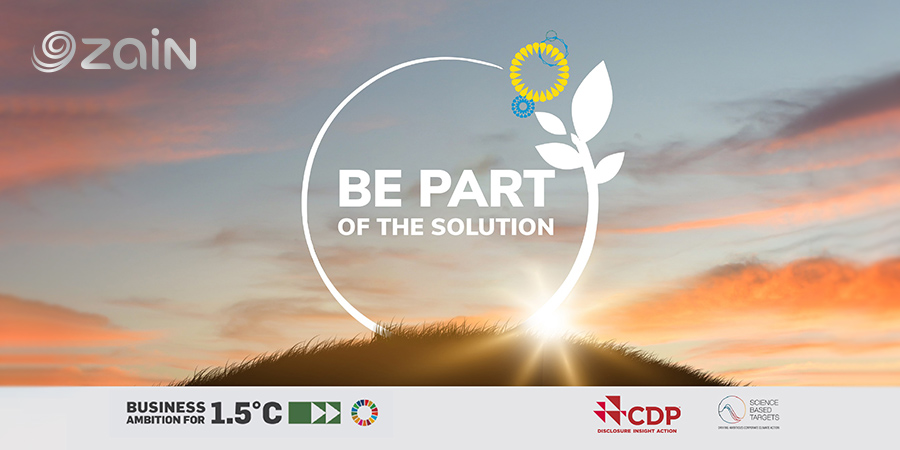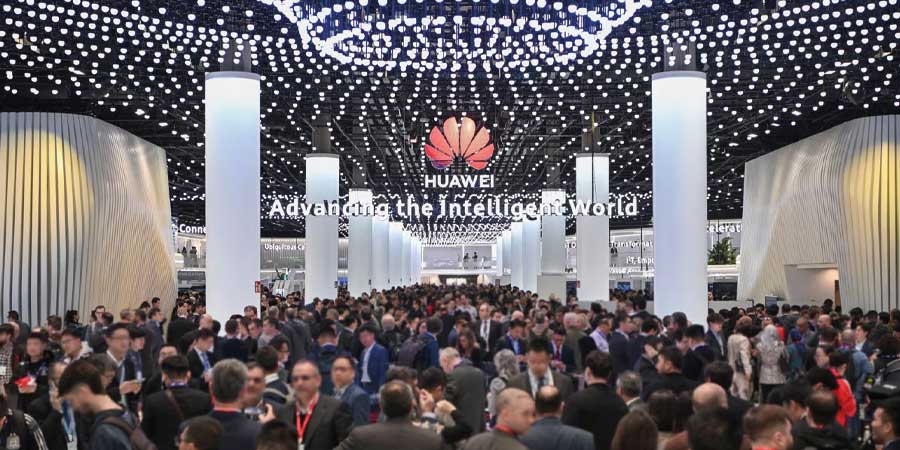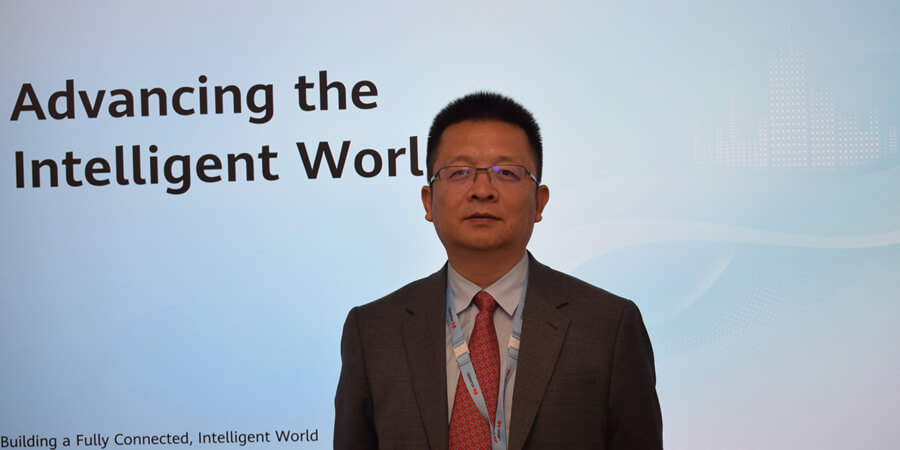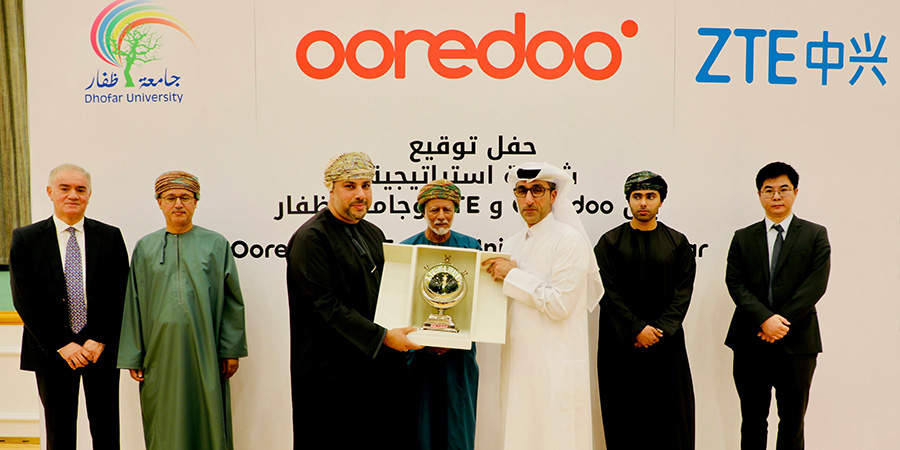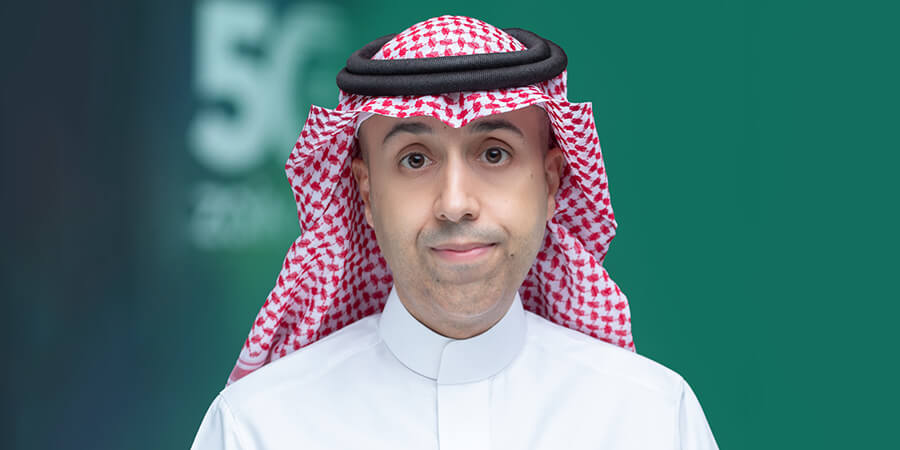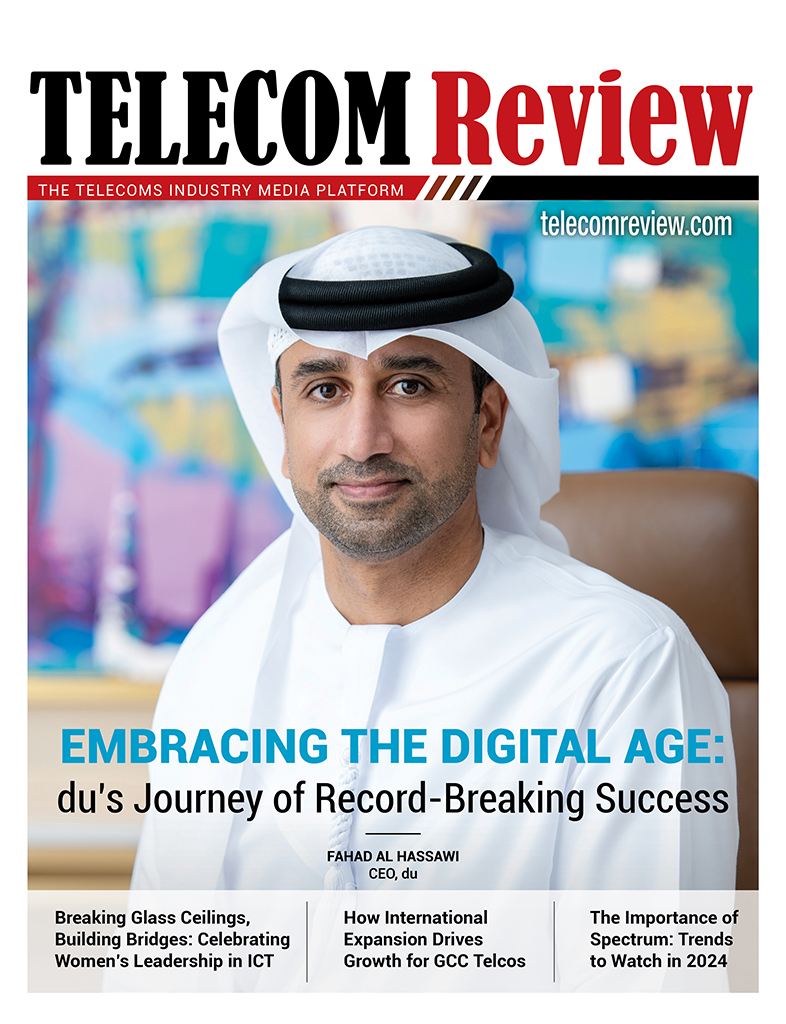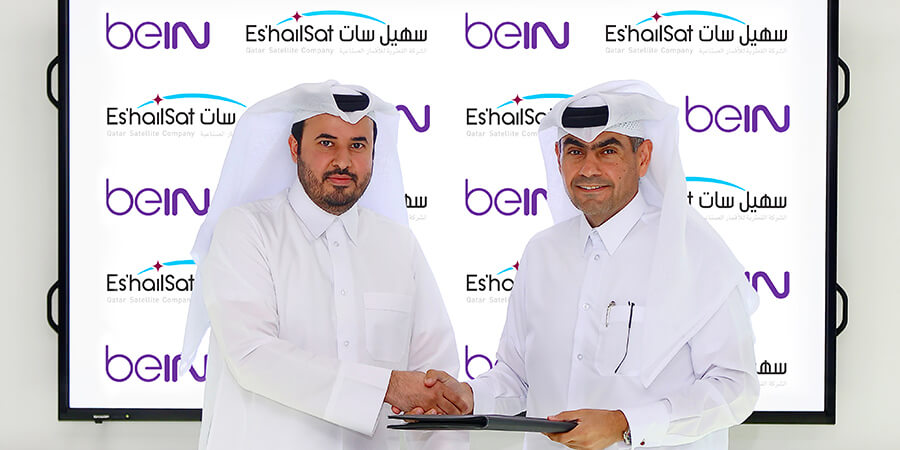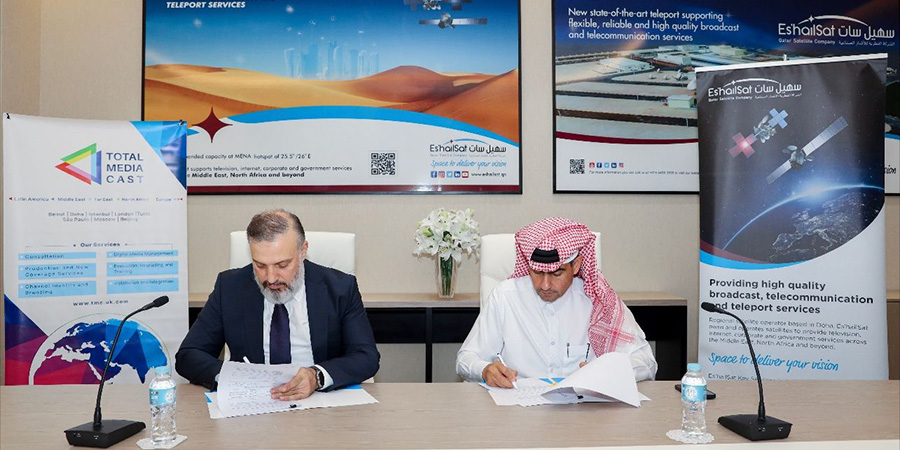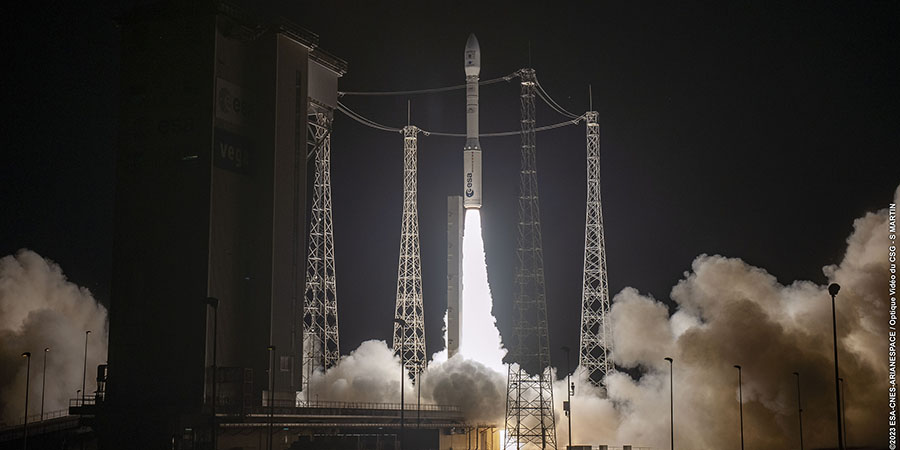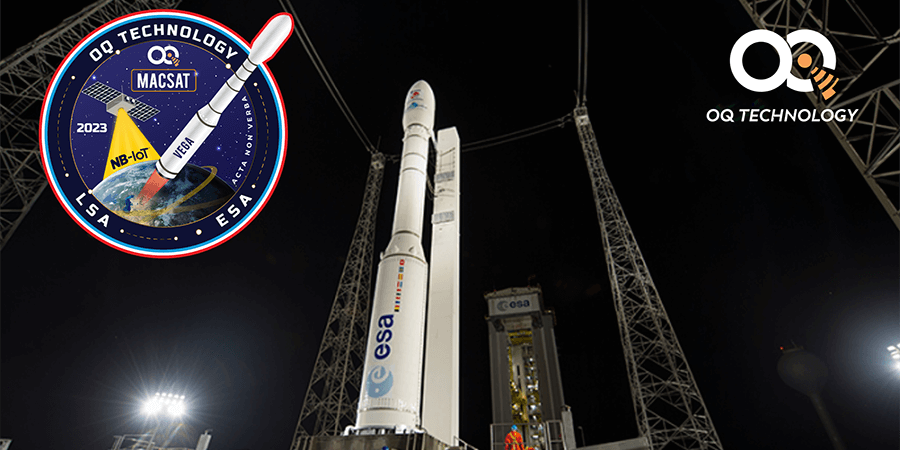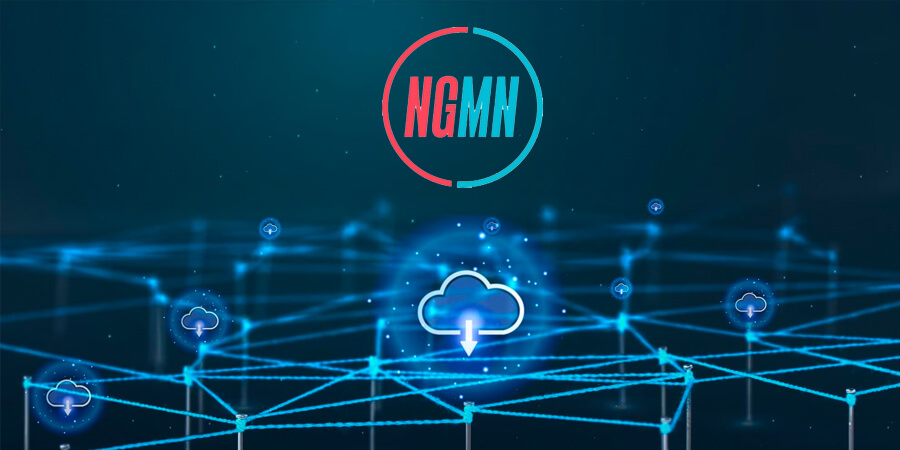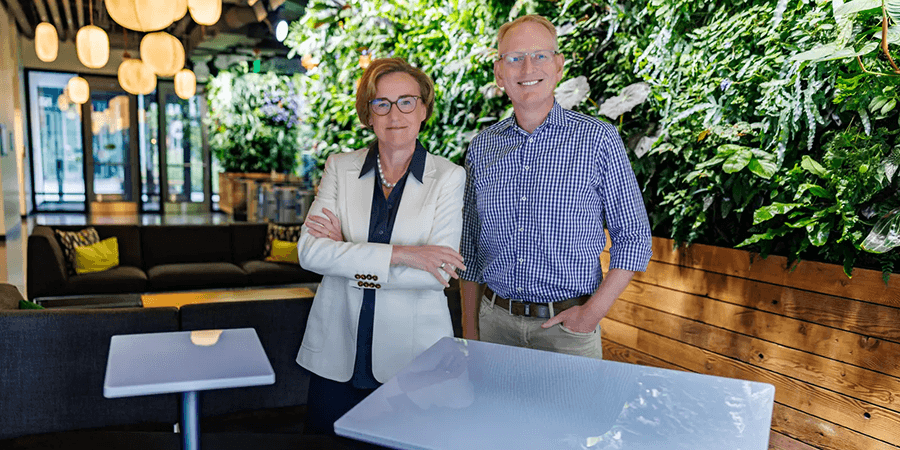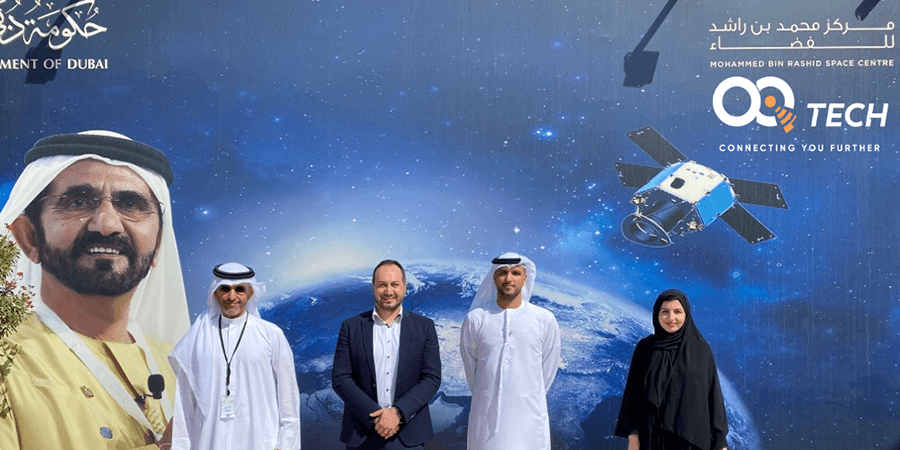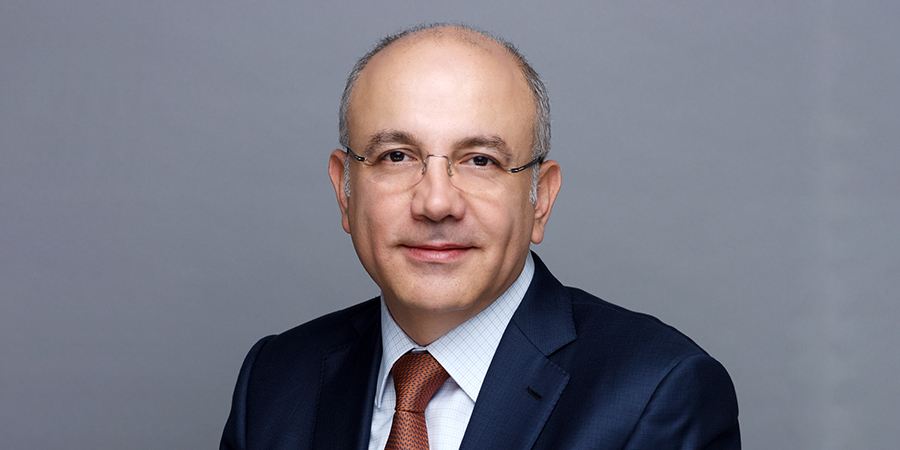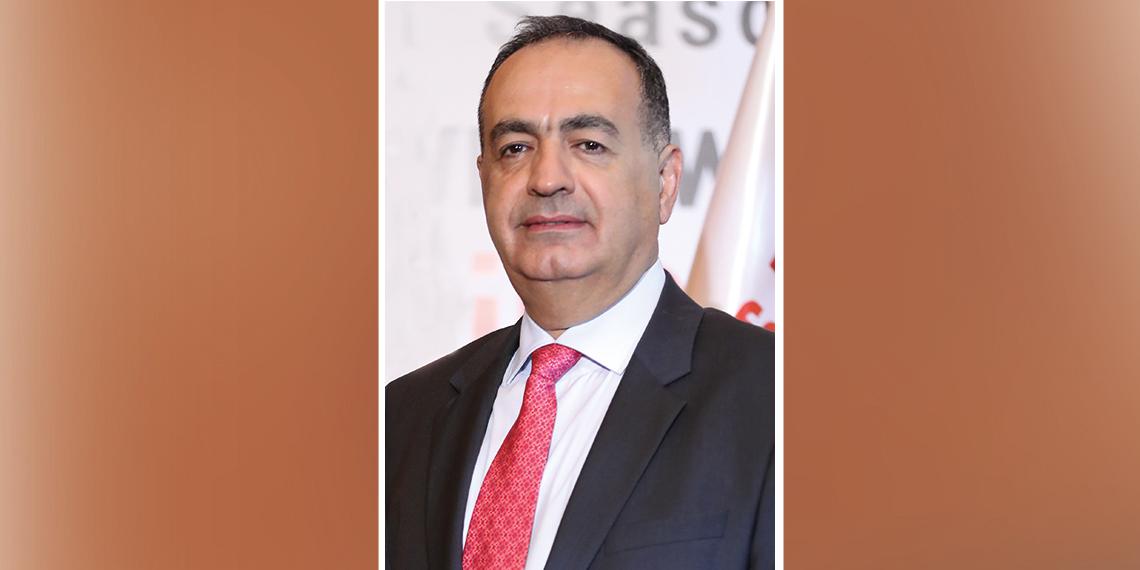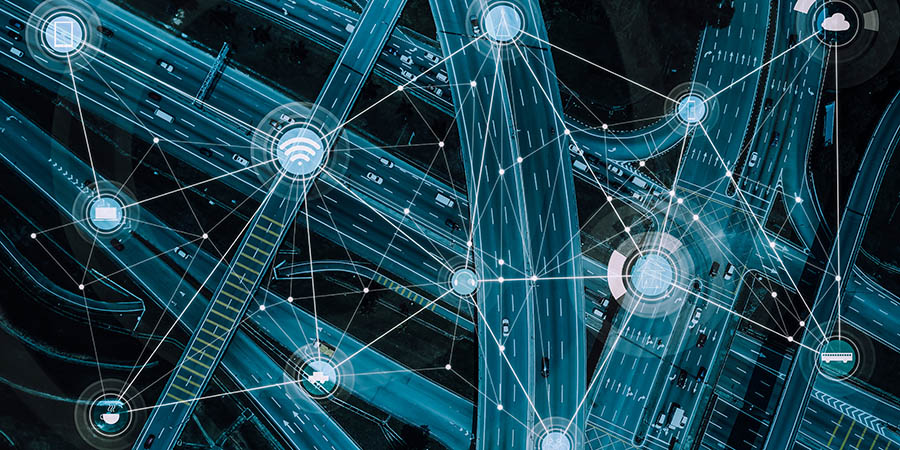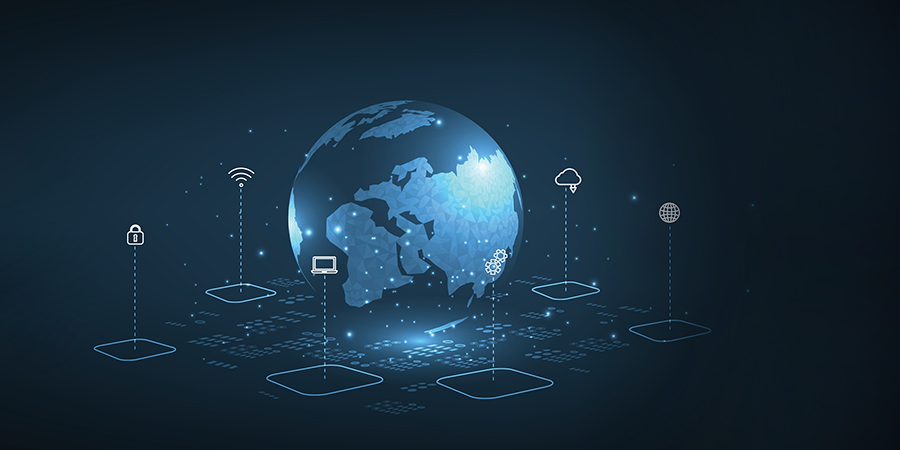A few years ago, IoT was a technology like any other, but the interest in it is rising rapidly due to its fast adoption and smart solutions.
Telecom operators - around 34 percent of them to be accurate - have already started providing IoT whether through their networks or via third parties.
The rise of smart meters in utilities opens an opportunity for telcos to increase revenues and make better use of their network capacity.
Governments are also looking for deployment of IoT services especially when it comes to smart cities solutions or smart government services at a large scale.
Of course, the increase in IoT adoption has put more pressure on the networks and stressed the need for security to protect the data generated by using the IoT in daily life.
5G will boost IoT deployment
There is no doubt that the 5G network will boost IoT’s deployment with its huge capacity and extremely low latency, making the network more eligible and ready to receive millions of devices connected at a time: smart sensors in health, water, education, agriculture, traffic control, security control, or any industry such as oil and gas.
The smart sensors in pipelines, for instance, discover 99 percent of possible leaks and can save a lot of cost in lost resources as well as prevent environmental issues.
IoT is no more just a technology, it’ll soon be a part of our daily lives.



